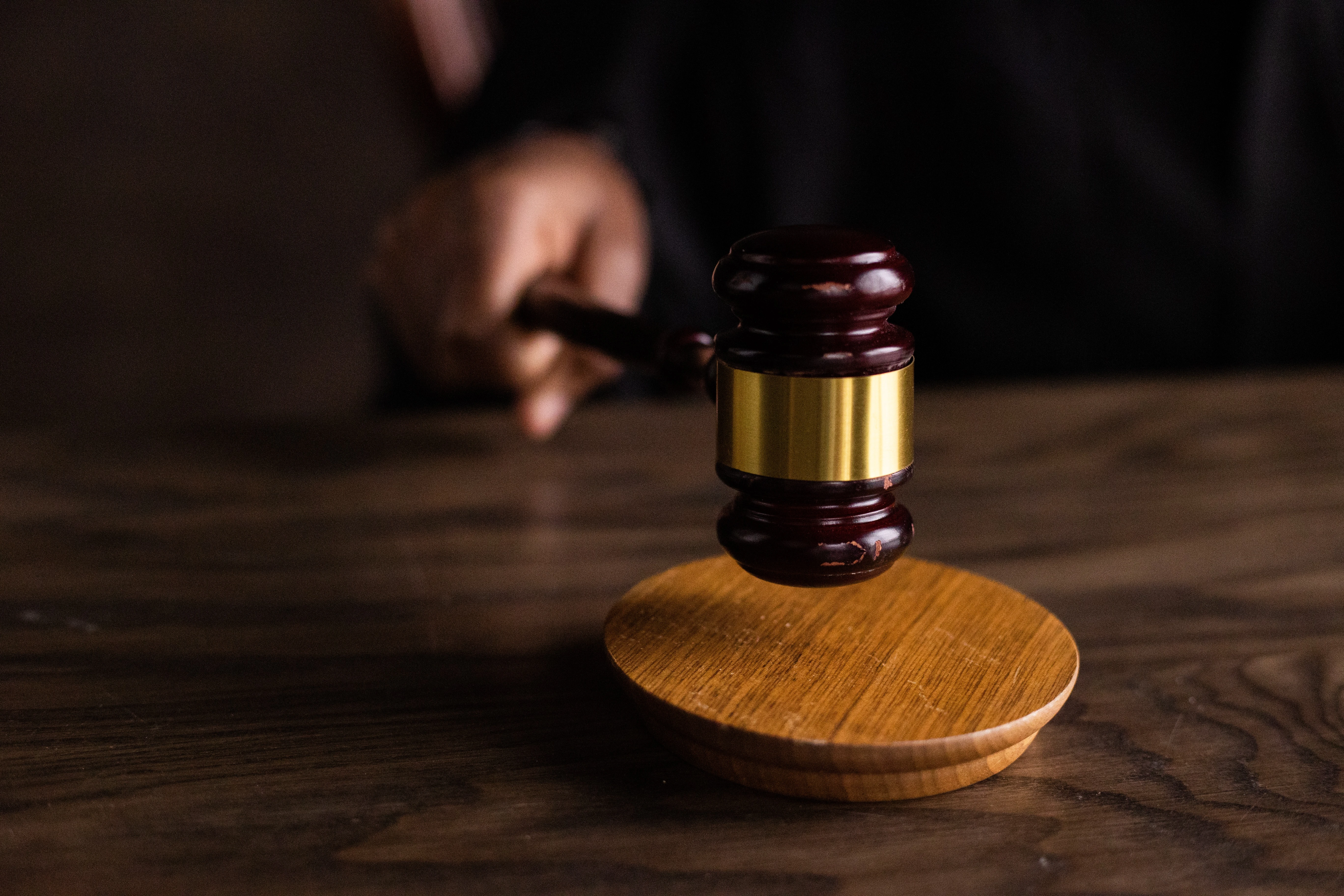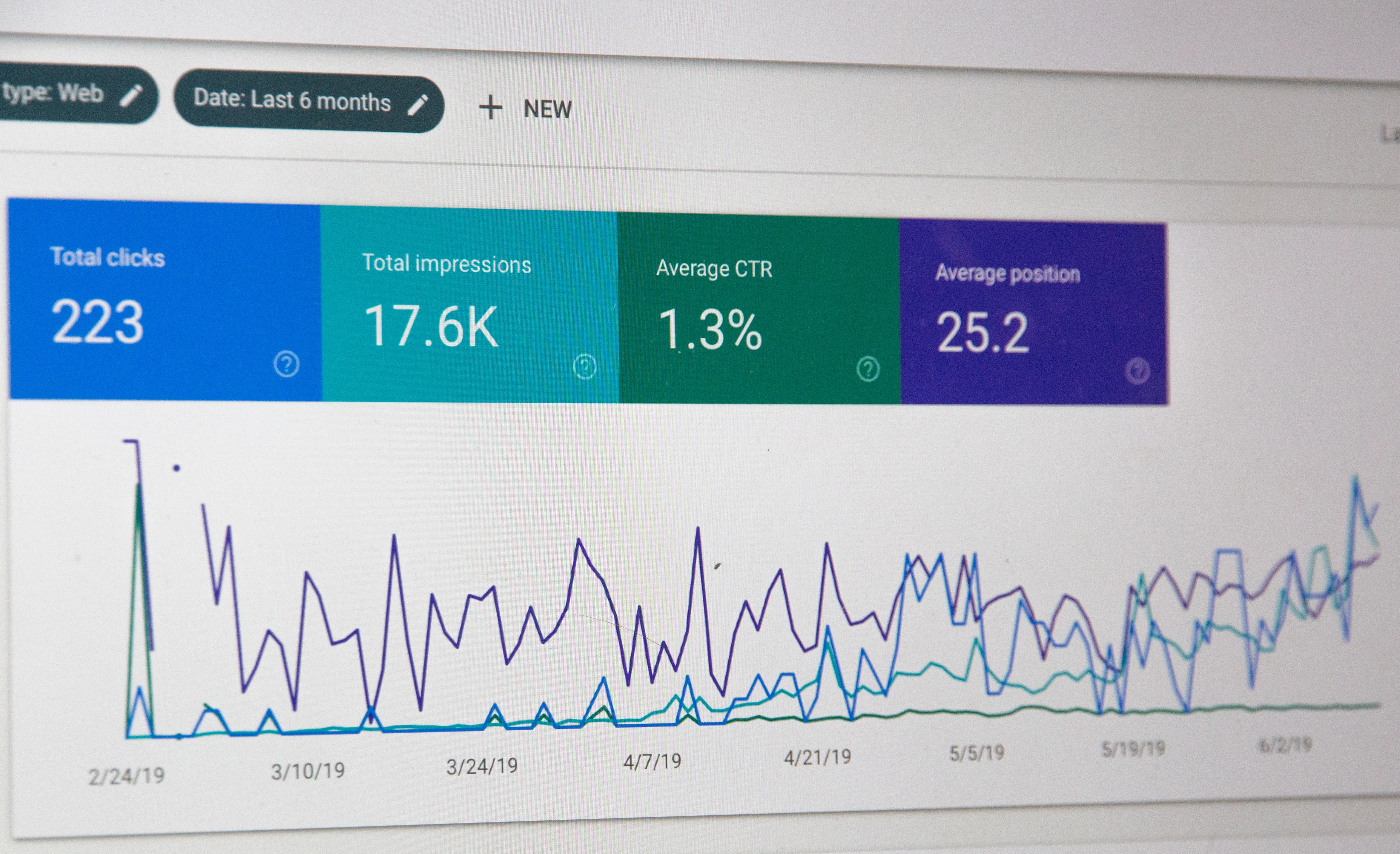
This website uses cookies
We use Cookies to ensure better performance, recognize your repeat visits and preferences, as well as to measure the effectiveness of campaigns and analyze traffic. For these reasons, we may share your site usage data with our analytics partners. Please, view our Cookie Policy to learn more about Cookies. By clicking «Allow all cookies», you consent to the use of ALL Cookies unless you disable them at any time.
Blockchain technology gives rise to a multitude of legal questions and challenges that can have serious implications for developers, users, and enterprises. In this article, we will discuss the top-25 legal issues associated with blockchain.
1. Cryptocurrency Regulation:
One of the most obvious aspects is cryptocurrency regulation. Different countries apply different approaches, and the inconsistency in regulation creates problems for international operations.
2. Token Ownership Rights:
Defining ownership and the transfer of rights for tokens is a complex issue as tokens can represent different kinds of assets, such as securities, commodities, or currency.
3. Criminal Liability:
The use of cryptocurrency for illegal activities, such as money laundering or fraud, raises questions about the criminal liability of users and exchanges.
4. Cryptocurrency Taxation:
Taxing cryptocurrencies is a complex topic due to their volatility and uncertain status. Defining the tax base and tax rates remains a contentious issue.
5. Smart Contracts and Legal Binding:
The legal strength and enforceability of smart contracts also remain unclear as they operate without legal formalization and verification.
6. Consumer Rights Protection:
Consumer rights protection in blockchain technology is a complicated issue due to the decentralized and borderless nature of the system.
7. Privacy and Data Protection:
Blockchain can both ensure user privacy and violate it, especially concerning transaction transparency and data storage.
8. Blockchain Technology Patenting:
The definition and application of intellectual property rights in blockchain technology encounter a number of issues related to the novelty and uniqueness of the technology.
9. Cybersecurity:
Protecting blockchain networks from hacking attacks and data theft is an important aspect requiring clear rules and standards.
10. Legal Issues of ICOs and DeFi projects:
Regulating Initial Coin Offerings (ICOs) and decentralized financial services (DeFi) remains a complex task due to the lack of clear criteria and standards.
11. Anti-Competitive Behavior:
Competition and antitrust law issues become especially relevant when dealing with large blockchain projects and cryptocurrency exchanges.
12. Interaction with Traditional Banks:
Defining the relationships between cryptocurrency platforms and traditional banks, including compatibility and regulation issues.
13. Blockchain and International Law:
Exploring the influence of international law and international relations on the development of blockchain technologies and cryptocurrencies.
14. Financial Regulation:
How financial institutions and regulatory bodies can adapt existing laws and norms to the rapidly changing blockchain landscape.
 The Evolution of Decentralized Finance (DeFi) on EVM-Based Blockchains: A Deep Dive into EtherDelta and its Transition to eToro
Read
The Evolution of Decentralized Finance (DeFi) on EVM-Based Blockchains: A Deep Dive into EtherDelta and its Transition to eToro
Read
15. Blockchain and Notaries:
The role and responsibility of notaries in verifying and certifying blockchain transactions and smart contracts.
16. Developer Liability:
Defining the extent of liability of blockchain project developers for possible legal violations, including criminal ones.
17. Intellectual Property:
Developing effective mechanisms for protecting intellectual property in blockchain networks.
18. Ethical Concerns:
Defining ethical norms and principles in the development and use of blockchain technologies and cryptocurrencies.
19. Securities and Tokenization:
Exploration of the legal aspects of asset tokenization and determining the status of tokens as securities.
20. Mining Regulation:
Defining the legislative frameworks for cryptocurrency mining activities, including issues of energy consumption and environmental impact.
21. Jurisdictional Conflicts:
Resolving jurisdictional conflicts related to blockchain transactions and smart contracts between different countries.
22. Identity Verification:
Development of standards and rules for user identification in blockchain networks to prevent fraud and money laundering.
23. Stablecoin Regulation:
Defining the legal status and regulation of stablecoins, and their interaction with traditional currencies and financial systems.
24. Central Bank Digital Currencies (CBDCs):
Investigation into the issues of implementing and using digital currencies issued by central banks, and their impact on the global financial system.
25. Investor Rights Protection:
Developing measures to protect the rights of investors in blockchain projects, including ensuring transparency and preventing fraud.
Conclusion
The Top-25 legal issues associated with blockchain underline the complexity of the questions facing legislators, regulators, and participants of the blockchain ecosystem. Effective resolution of these issues will contribute to the maturity and stability of blockchain technology and its applications, and will also provide legal clarity for all participants of this revolutionary technology.



